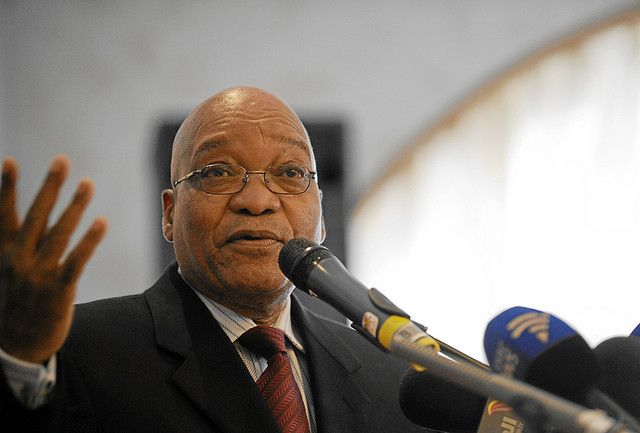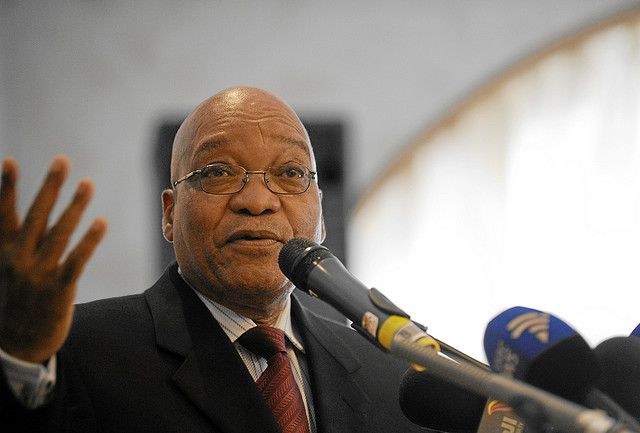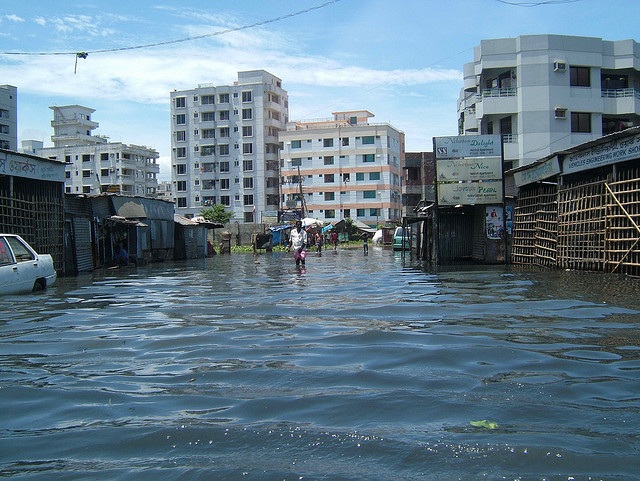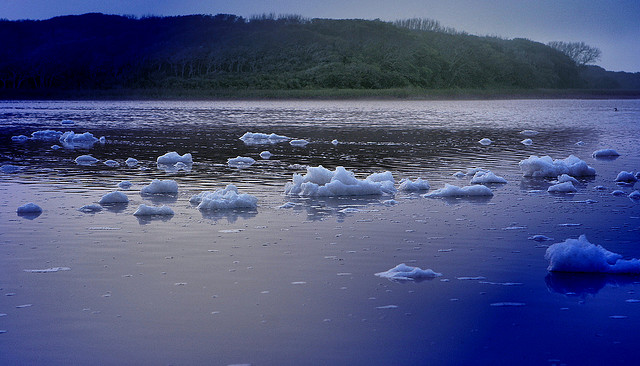South African President demands climate action as Durban discussions reach crucial stage
South Africa’s President Jacob Zuma has called on world leaders gathering in Durban to act now before it’s too late as talks to find a global agreement to mitigate climate change reaches crucial stage.


South Africa’s President Jacob Zuma has called on world leaders gathering in Durban to act now before it’s too late as talks to find a global agreement to mitigate climate change reaches crucial stage.
“I don’t think you would want to disappoint the citizens of the globe. The world is in danger and we all agree that something needs to be done,” stressed Zuma.
“The world is looking at us with hope that we will take decisions that will save the globe for ourselves and the coming generations,” he told delegates at the opening of the key ministerial session of the 17th Conference of the Parties yesterday.
Echoing the sentiments of Zuma, UN Secretary-General Ban Ki-moon also demanded more ambition from governments in Durban, adding that the global financial crisis could not be used as an excuse to deter progress.
“Without exaggeration, we can say that the future of the planet is at stake... including the very survival of some nations. You are the people who can bring us back from the edge,” said the UN chief. Ban also reiterated the importance of establishing the multi-billion dollar ‘Green Climate Fund’ to help protect the regions most susceptible to climate change. Earlier this month Ban visited a number of Pacific islands where he witnessed for himself the harsh realities of climate change, with thousands fearing for their homes and survival as sea levels continue to rise as a direct affect of increasing global temperatures.
“I have seen open sea where ice once dominated the horizon,” he said. “Is this the future we want? A world of out of control, climate change, and a devastating scarcity of vital resources? The answer is clear, even if the exact path is not.” Despite Ban’s optimism, even he admitted that the signs were not good for progress in Durban, stating that a legally-binding climate change agreement “may be beyond our reach – for now”.
In the lead up tothe emotional plea from both the UN chief and the South African President, delegates heard the harsh reality of the problems we face in our quest to slow global warming, with analysts confirming fears that the Earth’s temperature is on course to rise by around 3.5 C (6.3F) by the end of the century.
 Now then is a crucial time, as twelve heads of state and nearly 130 ministers will now increase their diplomatic activity by holding a series of meetings, conferences and discussions in a last gasp effort to secure a globally recognised climate mitigating agreement beyond the Kyoto Protocol. It is though widely regarded that any such progress hinges largely on the Chinese, and how far the Asian nation will go to committing to any such deal. Another major obstacle proving difficult to clear is the stance being strongly held by Indian officials residing in Durban, who remain adamant that only traditional developed nations should be included in the new accord. This is despite the fact that a number of countries in the developing world have much higher incomes and higher per-capita emissions than at the time of 1997’s Kyoto agreement. India’s position has prompted small island nations and South Africa to warn India that it faces being isolated from the rest of the developing world as negotiations advance.
Now then is a crucial time, as twelve heads of state and nearly 130 ministers will now increase their diplomatic activity by holding a series of meetings, conferences and discussions in a last gasp effort to secure a globally recognised climate mitigating agreement beyond the Kyoto Protocol. It is though widely regarded that any such progress hinges largely on the Chinese, and how far the Asian nation will go to committing to any such deal. Another major obstacle proving difficult to clear is the stance being strongly held by Indian officials residing in Durban, who remain adamant that only traditional developed nations should be included in the new accord. This is despite the fact that a number of countries in the developing world have much higher incomes and higher per-capita emissions than at the time of 1997’s Kyoto agreement. India’s position has prompted small island nations and South Africa to warn India that it faces being isolated from the rest of the developing world as negotiations advance.
However, the major stumbling block seems to be the position of the United States, who despite the promises of President Barack Obama to ‘lead the world’ on climate change three years ago, have been largely scrutinized behind the scenes for attempting to block progress in Durban.
The 17th Conference of the Parties of the UN Framework Convention on Climate Change ends on Friday.
Image 01: World Economic Forum | Flickr
Image 02: dougsyme | Flickr
image 03: minds-eye | Flickr
